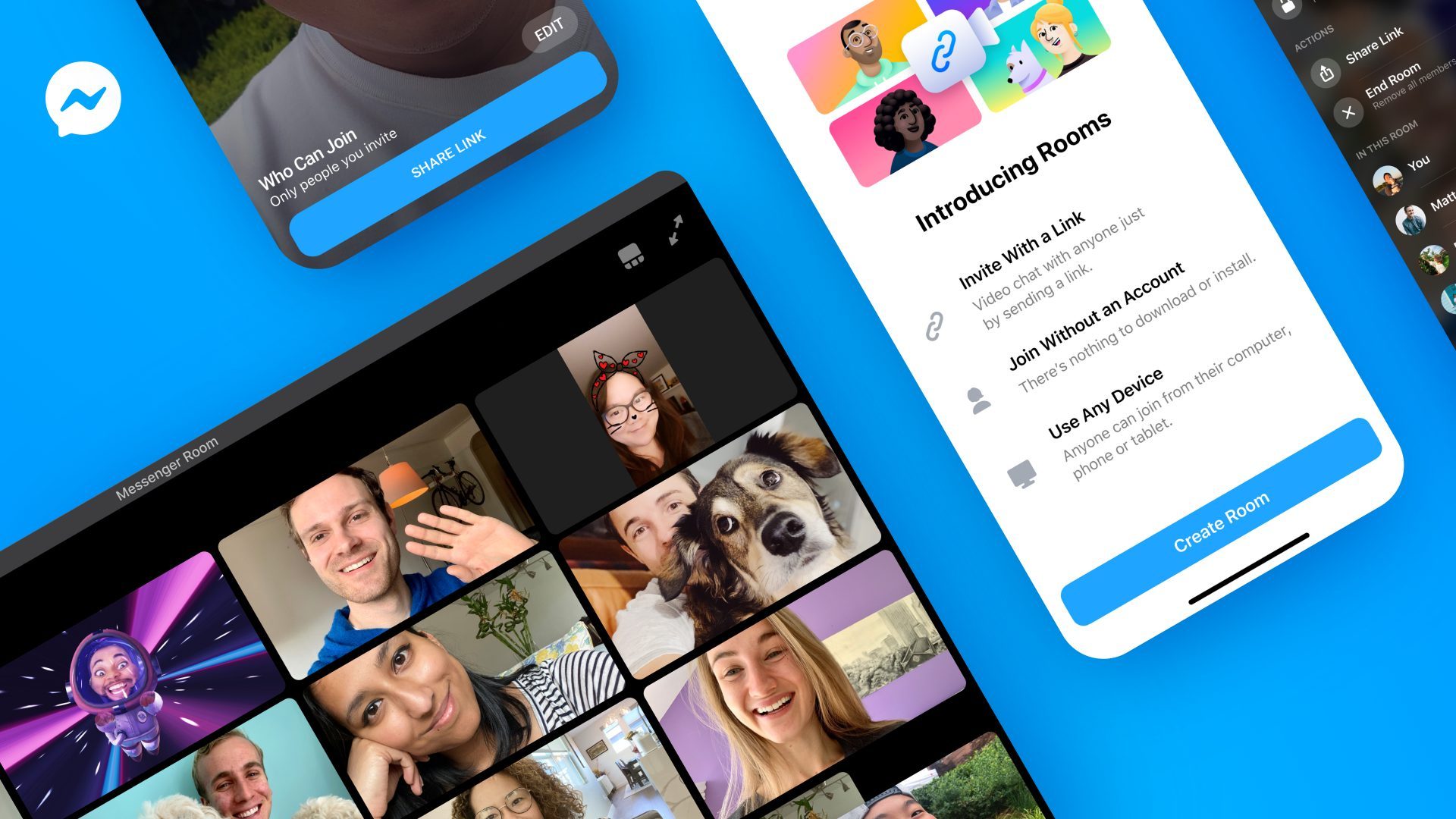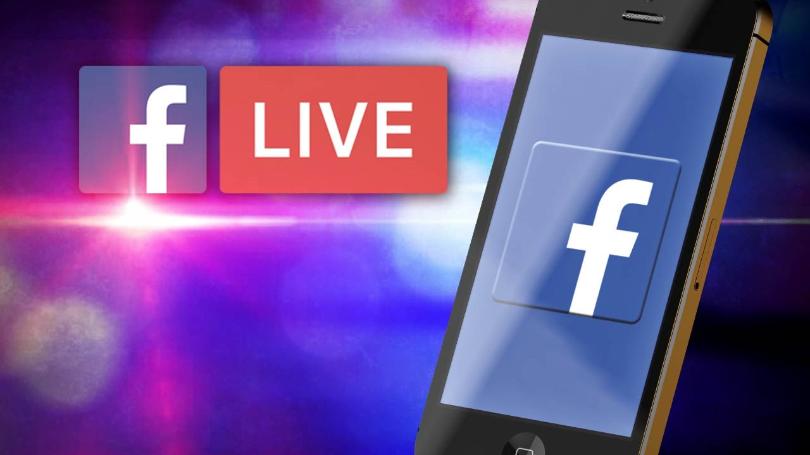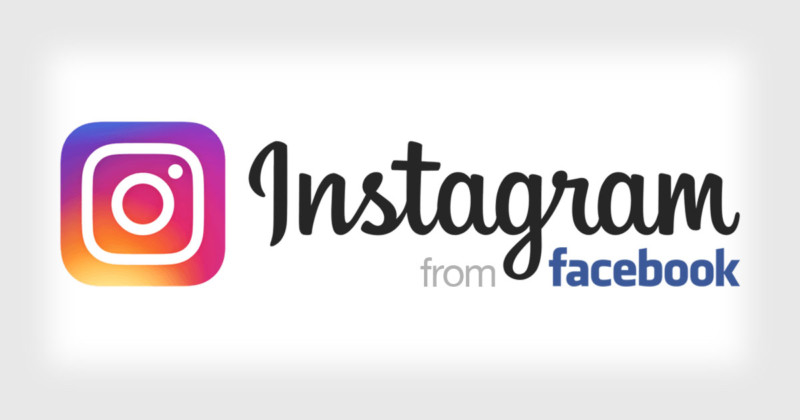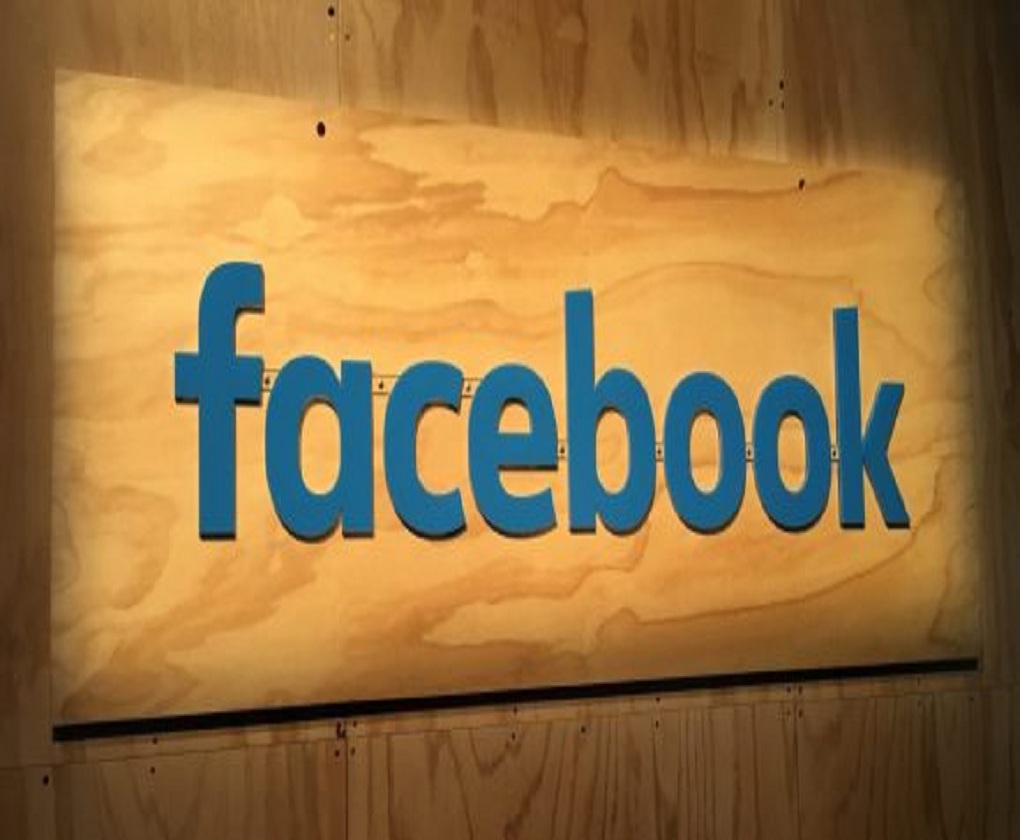As a part of its effort to address the social paradigms emerging from the ongoing coronavirus pandemic, Facebook Friday announced new features heading to Messenger, Portal, Facebook Live, Instagram, and Facebook Dating that aim to make it easier to connect with close friends, followers, and significant others.
A report by VentureBeat showed that perhaps the most notable is Messenger Rooms, which creates joinable group video calls on Facebook and Facebook Messenger. Hosts can invite anyone to join even if they don’t have a Facebook account and rooms will soon hold up to 50 users without a time limit.
The account-free nature of Messenger Rooms would appear to be a direct response to Zoom, which has exploded to 300 million daily active users during the pandemic. Other video chat platforms like Skype have followed in Zoom’s footsteps, dropping account sign-up requirements and expanding the number of supported users.
Starting Friday in some countries and in the rest of the world in the coming weeks (including the U.S.), users can start and share rooms via Facebook through the News Feed, Groups, and Events sections.
On Facebook, people will see rooms created by friends or communities that are open to them, and when they’re invited to a room, they’ll be able to join from their phone or computer without having to download anything.
In the future, Messenger Rooms will be integrated with Instagram Direct, WhatsApp, and Portal, according to Facebook VP of Messenger Stan Chudnovsky.
He noted that work on Messenger Rooms was underway before the coronavirus, but that Facebook fast-tracked it as the volume of calls and group video calls on its platform skyrocketed.
Interestingly, Messenger Rooms launched in Canada and Australia four years ago albeit as part of a pilot to let users create topic-centred spaces.
Similar to Messenger’s Group chat function, the rooms could be theme-, event-, or topic-based and private or public, and they were capped at 250 participants. But they didn’t support video streaming.
“Our community is turning to Messenger and WhatsApp more than ever to stay connected,” said Chudnovsky in a statement. “Between Messenger and WhatsApp, more than 700 million accounts participate in voice and video calls every day, and the number of calls has more than doubled in many countries since the pandemic began. In some cases, the number of group video calls has gone up by more than 10 times.”
Facebook notes that Messenger Rooms doesn’t record or listen to calls and that the person who creates the room controls who is able to join, who sees the room, and whether the room is locked or unlocked to new guests.
The room creator must be present in order for the call to begin and can remove guests at any time, and room names and rooms themselves can be reported if they violated Facebook’s Community Standards.
Alongside Messenger Rooms, Facebook is introducing new AI-powered effects in Messenger that complement the app’s existing augmented reality filters.
Among them are 360-degree backgrounds like luxe apartments and beaches, 14 camera filters with ambient lighting that brightens spaces and faces, and birthday- and camping-themed stickers and backdrops.

